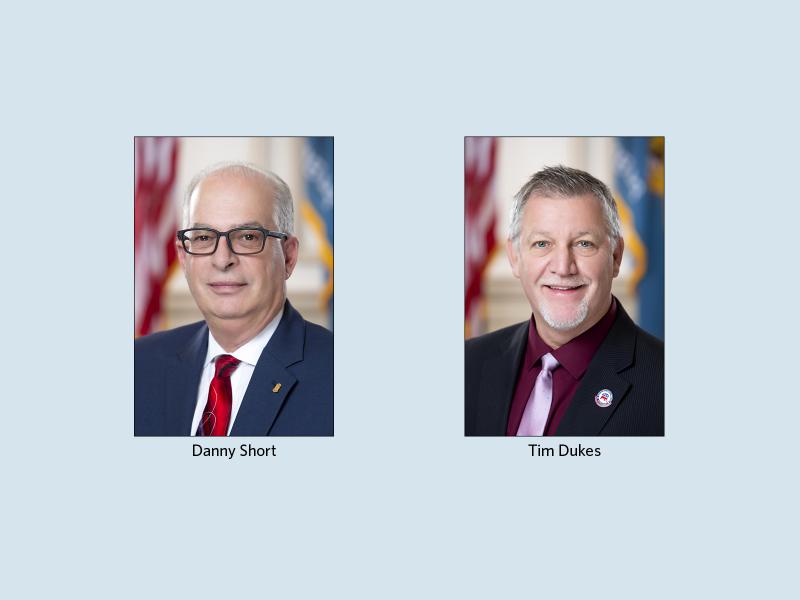So, here we are again - another controversy over another piece of legislation passed on the last day of Delaware’s legislative session. This time it’s a bill dealing with a Kent County lodging tax, a proposal that was approved by both legislative chambers in less than 20 minutes late on a Sunday afternoon.
Last year, two significant bills moved through the Legislature after 3 a.m. on the last night of action. One proposal sought to impose new sexual harassment training and reporting requirements on businesses. It cleared the House at 3:12 a.m. and the Senate at 4:08 a.m. The other bill, to raise the minimum wage, was approved by the Senate at 7:39 p.m. on June 30 and the House at 3:50 a.m. the next morning.
All three were signed into law.
These were substantial pieces of legislation that were worthy of thoughtful deliberation and input from those with a stake in the outcome. That did not happen. Unfortunately, such occurrences are not anomalies but just the latest examples of troubling flaws in how we craft public policy.
Our system is broken, serving only those who have a vested interest in preserving a process of exclusion.
Last spring, we joined with our colleagues in the Senate to propose remedies.
House Bill 136 is a proposed constitutional amendment to end the last legislative day of the session at 7 p.m. The General Assembly could meet afterward in special session, but only between 9 a.m. and 9 p.m. An exception to the rule, requiring a super-majority vote, would allow lawmakers to handle emergencies. Once adopted, this law would all but block legislators from passing bills under cover of darkness as their constituents sleep.
We also proposed a constitutional amendment to create a Delaware Crossover Day. It’s a common-sense approach at least 26 other states already practice. Maryland, Virginia, and Georgia are among the states with laws mandating that all bills crossing from one legislative chamber to the other must do so well before the end of session. Under House Bill 135, any measures heading to the House or Senate from the other chamber would have to arrive on or before June 20, 10 days before the end of session. A super-majority vote could suspend the requirement, providing flexibility to deal with extraordinary circumstances. Such a practice would eliminate intentionally rushing complicated or controversial legislation through both chambers in the closing hours of the session.
Because of how Delaware conducts its budgeting process, none of the three “money bills” - the state operating budget, capital budget, and grants-in-aid bill - would be subject to these two proposals. That is where House Bill 26 comes into play. This proposed constitutional amendment would require a delay of 48 hours between the introduction and a vote on the three major appropriation bills. The brief pause would give citizens, legislators, and members of the media time to review the state’s spending plans before they were enacted. Again, a super-majority vote could suspend the law in the event of unforeseen conditions.
None of these bills should be partisan, although they have proven to be. Of the 38 Democrats in the General Assembly, only one agreed to support one of the measures as a co-sponsor.
Members of the media bear some responsibility for this. Any proposal made by minority Republicans is discounted and given little attention if it does not have significant Democratic support, since reporters believe a bill facing steep odds of enactment is less newsworthy. Such misguided handicapping is negligent. This lack of reporting conspires to reinforce the status quo and leaves potentially innovative reforms to wither and die without debate and without notice.
All three of the proposals cited in this column have been illicitly bottled up in the House Administration Committee in violation of House rules that require that all bills assigned to a committee must be heard within 12 legislative days. These measures are not alone in such treatment.
Regardless of political registration, all citizens should demand a government that is more accountable and transparent. The previously cited proposals, as well as others that are languishing in legislative limbo, seek to make such improvements. Delawareans are being shortchanged by the current dysfunctional process that only their active participation can help fix.
It is time for reporters to report, for citizens to support and petition for reforms, and for ruling Democrats to stop flouting the rules they pledged to uphold. It’s time to act.





















































